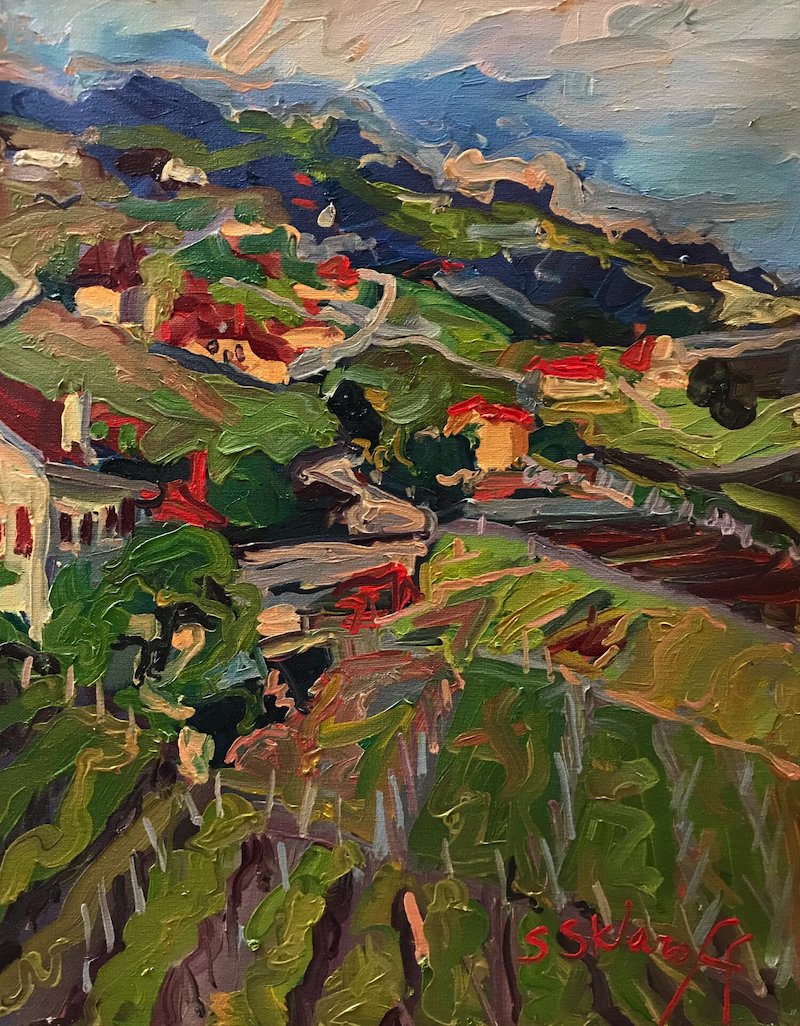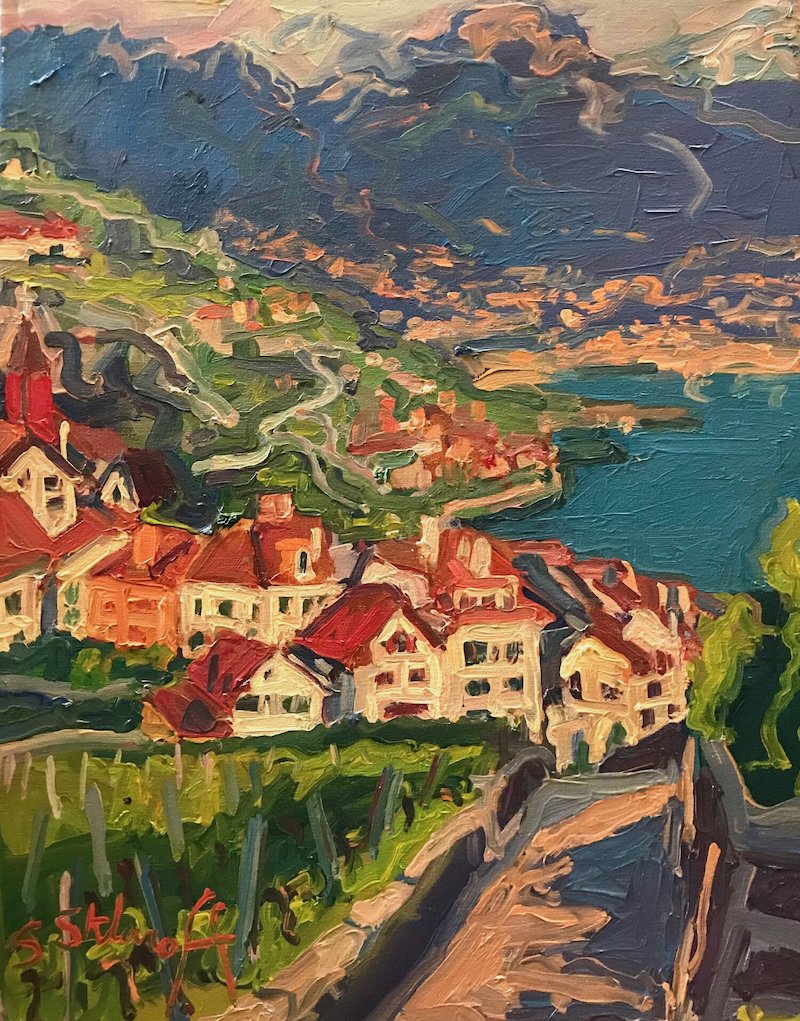What is Psychotherapy?
All psychotherapy is about freedom. Freedom from anxiety; irrational fears and self-deception; from black-and-white thinking; from criticism, negativity and excessive sensitivity; from envy, shame and guilt; from environmental influences (peer pressure) and emotional constriction; and from all things that limit our imagination and keep us from reaching our full potential. Independence from these constraints brings a capacity for contentment and a way of living at peace with who we are without judgment.

The goal of psychotherapy can be a life lived not in reaction to things, but with intention, purpose, and direction. With psychotherapy, more energy can be freed up to be curious, autonomous, honest, tolerant, passionate, creative, and capable of intimacy, of work, and of relaxing recreation. That is invaluable and the best gift you can give yourself.
Psychotherapy is also freedom from inner chatter that is negative,
self-defeating, and hypercritical. The task is to develop an
inner voice that is a friend and a guide for you,
helping you find and maintain the critical balance
between love, work, and play.
For some, treatment may be more specifically problem-focused
and of limited duration. For others, more in-depth psychodynamic
(derived from psychoanalysis) and interpersonal (based on
your experience in the session, between therapist and patient)
treatment are used to increase awareness of unconscious forces
which can influence your life, and your choices.
Children benefit from an adapted form of psychotherapy
using play to explore their inner worlds, but the principles
of treatment are the same.
At Nantes Psychotherapy we provide the following:
- Strategic, Insight-Oriented Short-Term Treatment
- Play Therapy for Children
- Psychodynamic, Insight-oriented Psychotherapy
This form of intervention is concrete and goal-directed
to gain perspective on the here-and-now aspects of your life.
It is for people who are having trouble with stress, anxiety,
and depressive feelings, possibly for the first time in their
lives. This is most likely related to the demands of
adaptation in France. The goal is to relieve
psychological pressure and to find specific solutions.
For example, cultural misunderstandings and bureaucracy
can be troublesome, and being very far from one’s family
of origin can cause feelings of loneliness and isolation.
Issues such as these don’t necessarily require in-depth or
long-term work, and oftentimes just a few sessions can bring relief.
Children too can feel anxious when faced with a big move.
They are also very sensitive to parental stress.
Since it’s difficult for them to tell a therapist
directly what they’re going through, therapists use
play to get an idea of their state of mind.
For example, there could be themes of competitiveness
and aggression, loss and fear, or combinations of all
of these. Through play, a child can let the therapist
know what’s difficult while working through and releasing
upsetting thoughts and feelings.
Parental involvement is very important in child psychotherapy,
though great care is taken to preserve confidentiality in
terms of what is specifically said during sessions.
This is fully explained at your first visit.

Psychodynamic, Insight-oriented Psychotherapy as a face-to-face
psychotherapy based on psychoanalysis,
for adolescents or adults.
Psychoanalytic psychotherapy is an exploratory process.
We carefully peel back the layers of any problem to uncover
core beliefs and to reveal that which may have been hidden
from awareness. We call this therapy “insight-oriented”
because it is a process of gaining insight into one’s
self – choices in life, love, and work – and moving
towards a life that feels more authentic and in tune
with one’s desires. Sometimes it can be difficult to
even know what one desires – that is also a part of
insight-oriented work.
Our minds have a unique ability to create invisible
barriers that keep us from seeing things that we do not
wish to see, but often need to see. These are our
defenses against what our mind perceives as a painful reality.
“The devil we know” (which is how we sometimes repeat patterns
in our lives that no longer are working for us) seems safer
than the devil we don’t (the unknown, the changes not only
in behavior but in how we fundamentally view ourselves).
We seek to discover these patterns of behavior and thought
that sabotage our success and peace.
As things become clear, we examine new solutions,
possibilities and ways of being. In treatment, people
have discovered new talents, found satisfying relationships,
and built successful careers. With deeper introspective work,
people will develop a stronger sense of who they are and what
they want in life. They will develop a personal, subjective
measure of standards, values, aspirations, and self-satisfaction
that they can use to overcome problems and guide them forward
in all they wish to achieve.
Psychoanalytic psychotherapy can be combined with medication
(for depression or anxiety, for example) prescribed by a
general doctor or a psychiatrist.
Here are two excellent videos that explain psychotherapy. There is an explanation of the differences between Cognitive-Behavioural Therapy (which is a quick therapy based on conscious thought and homework) and deeper psychotherapeutic work, as well as an explanation of the factors that make deeper (insight-oriented, psychodynamic) therapy more effective in the long run. Both are by Alain De Botton at "The School of Life"›
Please see "Couples Therapy page" for more details❯
Couples therapy in English (or French) specific to bi-national couples can be very helpful in the adaptation process.